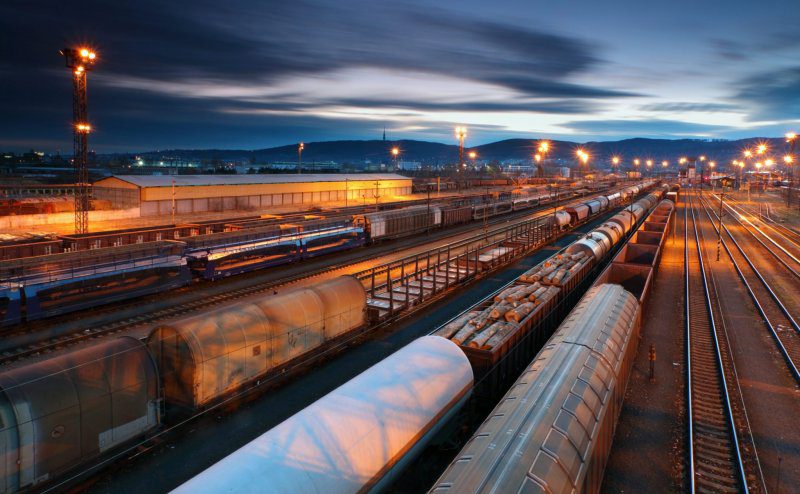
KYIV. Feb 7 (Interfax-Ukraine) – Ukrainian manufacturers and exporters oppose the increase of tariffs for cargo transportation by rail by 25% announced by the Infrastructure Ministry.
The press service of the Ukrainian League of Industrialists and Entrepreneurs (ULIE) has reported that the ULIE has sent a letter with the positions of Ukrainian associations to Ukrainian Prime Minister Volodymyr Groysman.
The ULIE said that the 25% rise in the tariffs creates large risks: billions of hryvnias would be washed out of the working capital in the agricultural, metal, engineering and other sectors.
“The change of taxation of agricultural producers in 2016 washed out at least UAH 25 billion from the sector. Now it would be another UAH 8-10 billion. This could result in shutting down production facilities, decrease of exports and growth of the hryvnia exchange rate to the U.S. dollar,” the ULIE said, referring to experts from the agricultural sector.
ULIE President Anatoliy Kinakh said that railway is a sole option for many industrialists: up to 90% of their products are shipped by rail. The sharp increase in the tariffs would affect their budgets and result in reduction of production.
“Deterioration of rolling stock is catastrophic – up to 85%. Now some steps have been made to solve this problem: the relevant decisions by the national committee for industrial development. Industrialists understand that the money is required to modernize railways. Why it is done the problem of consumers of the cargo transportation services?” he said.
Kinakh said that growth of the tariffs by 30% and 15% in the previous years did not influence the state of cargo transportation. The situation should be discussed with manufacturers and exporters and a compromise decision should be found.
In general, manufacturers are convinced that Ukrzaliznytsia should be reformed. A modern transport enterprise should be created, but not at the expense of consumers of its services, but thanks to professional management and development of the national producer order system, ULIE said.